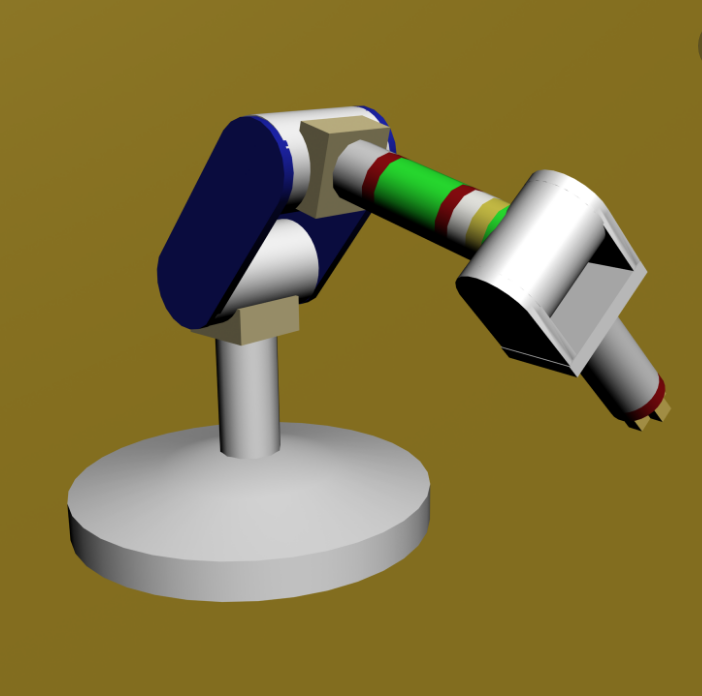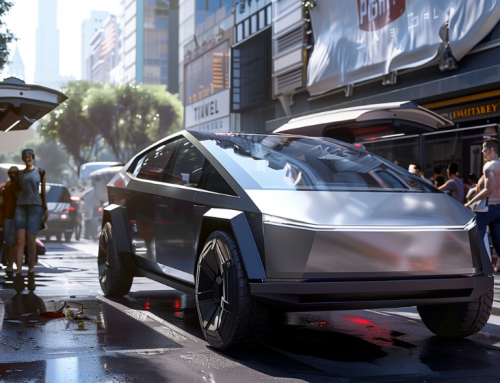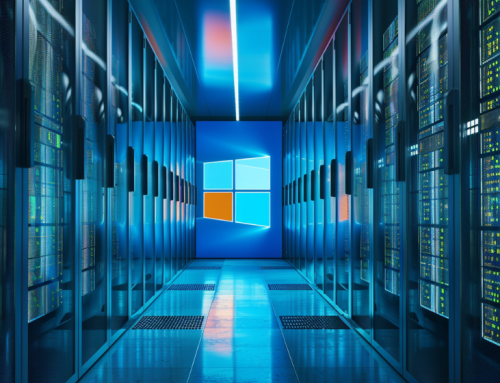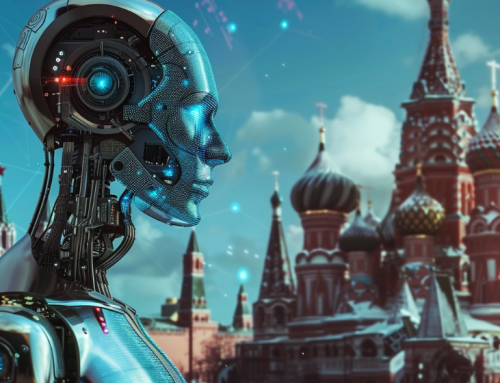AI May Improve Work Life, Create New Growth in Some States
Two recent reports on the impact of AI on jobs outline areas of displacement and creation. A report from the Brookings Institute in Washington D.C. about economic growth predictions for several U.S. areas due to the growth of AI advances positive news; the report by McKinsey Research about the job forecast for the nation as a whole says many white-collar jobs may disappear or evolve in a beneficial way as AI improves.
Published in September, a story on clickz.com highlights the McKinsey report’s conclusions that new technologies will cause job displacement and creation, but the most significant impact will be the degree of job change.
“McKinsey estimates: ‘about 75 million people worldwide will need to switch occupations by 2030 in the event that automation takes hold at a pace in the middle of our range of adoption scenarios.’ “

AI and robotics may take over some jobs, but others will require human guidance and intervention. It may also make some jobs better by removing drudge work.
The report also identifies the technologies that will have the biggest impact in these areas: data and AI, connectivity and platforms, and robotics.
With robotics and AI becoming more advanced, they could be a threat to repetitive job roles, regardless of whether performed by blue-collar or white-collar workers.
But Dan Ventura, professor of computer science at Brigham Young University, said that for now artificial intelligence’s primary strength is in tasks involving pattern recognition, such as facial recognition or medical diagnostics. Although even those advancements have been subject to criticism for inaccuracy and racial bias.
“The kinds of jobs where there’s a lot more judgment, subjectivity, human impact, they aren’t even in the ballpark of being able to do something like that right now,” Ventura said.
While some industries likely will be disrupted and some jobs will become obsolete, Ventura predicts AI could also create new jobs.
Those jobs could be complementary to work performed by artificial intelligence, such as quality control, or could involve making decisions about information produced through artificial intelligence. In some professions, artificial intelligence could speed up or take care of the “busy work,” said Ventura, leaving the human professionals more time and resources to focus on decision-making or qualitative analysis.
Utah Can Expect Success From AI, Says Brookings
In one of the state’s major newspapers, the Deseret News, Gillian Friedman writes, Utah’s economy could be more affected by artificial intelligence than other states, according to a new study by the Brookings Institution, a Washington, D.C.-based think tank.
The study predicted that Salt Lake and Ogden-Clearfield would be among the 10 top regions in the United States for workforces impacted by artificial intelligence.
“Among the most AI-exposed large metro areas are San Jose, California, Seattle, Salt Lake City and Ogden, Utah — all high-tech centers,” the study states.
Artificial Intelligence will soon disrupt our economy, our job market and our health care – it is up to us whether it is positive disruption or negative disruption.
read more at deseret.com







Leave A Comment